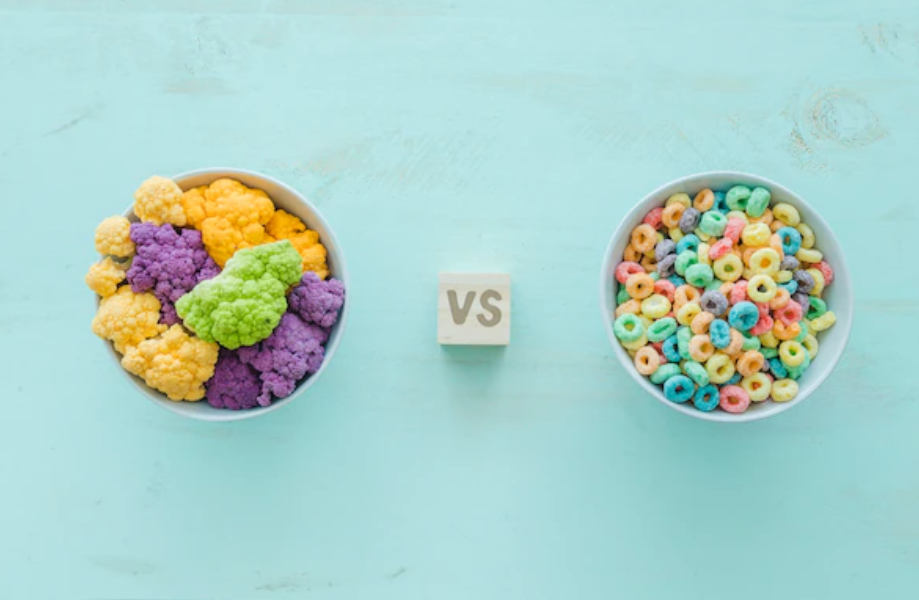The main difference between a vegetarian diet and a vegan diet is whether you consume animal products, such as dairy and eggs. A vegan does not consume animal products for non-consumption. A vegetarian, on the other hand, does consume dairy and eggs, as well as fish and seafood. In this article, we’ll examine the benefits of each diet type and help you decide which one suits you best. Here are a few food examples of both types of diets.

Vegans avoid animal-derived materials for non-consumption
A vegetarian is a person who does not consume or use any products made from animal products. A vegan is a vegetarian who does not eat any meat or dairy products. They also avoid products that are tested on animals or those that use animals as part of the entertainment industry. When purchasing products, a vegan will look for vegan labels or guidelines.
Most vegans also avoid milk and other dairy products. Instead, they consume whole grains. These whole grains are high in essential nutrients and protein. They also avoid carmine, which comes from the cochineal scale insect. Many food products contain carmine.
Some people are hesitant to eat meat and dairy products, but this is a personal choice. Nevertheless, there are many benefits to eating a vegetarian diet. Research shows that 6 percent of Americans are vegetarian. It is also worth mentioning that many Americans do not consume dairy products or eggs.
Vegetarians eat dairy, eggs, and other animal byproducts
Vegetarians are people who avoid eating meat and animal products, but they may also consume dairy products and eggs. Some vegetarians choose to eat only eggs while others eat both meat and animal byproducts. Many vegetarians have also begun to avoid leather goods, and other products that involve animal testing. Scientific studies have found that a vegetarian diet can be beneficial for health. A plant-based diet program consists of low-fat whole foods, and there is no need to monitor your calories or engage in regular exercise. A vegetarian diet program can help you achieve your goals by educating you about cooking and nutrition.
Vegetarians may use vegan or lacto-ovo-vegetarian substitutes for meat. Although lacto-ovo-vegetarians don’t eat meat, they do consume dairy and eggs. Pescatarians, on the other hand, eat fish and other seafood but don’t practice traditional vegetarianism. They are often called “semi-vegetarians.”
Pescatarians eat fish and seafood
Pescatarians eat fish and other seafood, especially fatty fish, because they contain healthy amounts of omega-3 fatty acids. This type of fat helps prevent heart disease and lowers triglycerides in the blood. It may also lower blood pressure and reduce the risk of chronic illnesses. Another reason to follow a pescatarian diet is its environmental impact. Fish and seafood produce less greenhouse gas emissions than meat and dairy products. Pescatarians also prefer to consume seafood that is sustainably sourced.
Pescatarians also avoid eating meat, poultry, and other animal products. However, this does not mean that pescatarians must eat fish every single day or at every meal. Many pescatarians include other plant-based foods in their diets. Many pescatarians believe that they benefit from a pescatarian diet for health and moral reasons.

